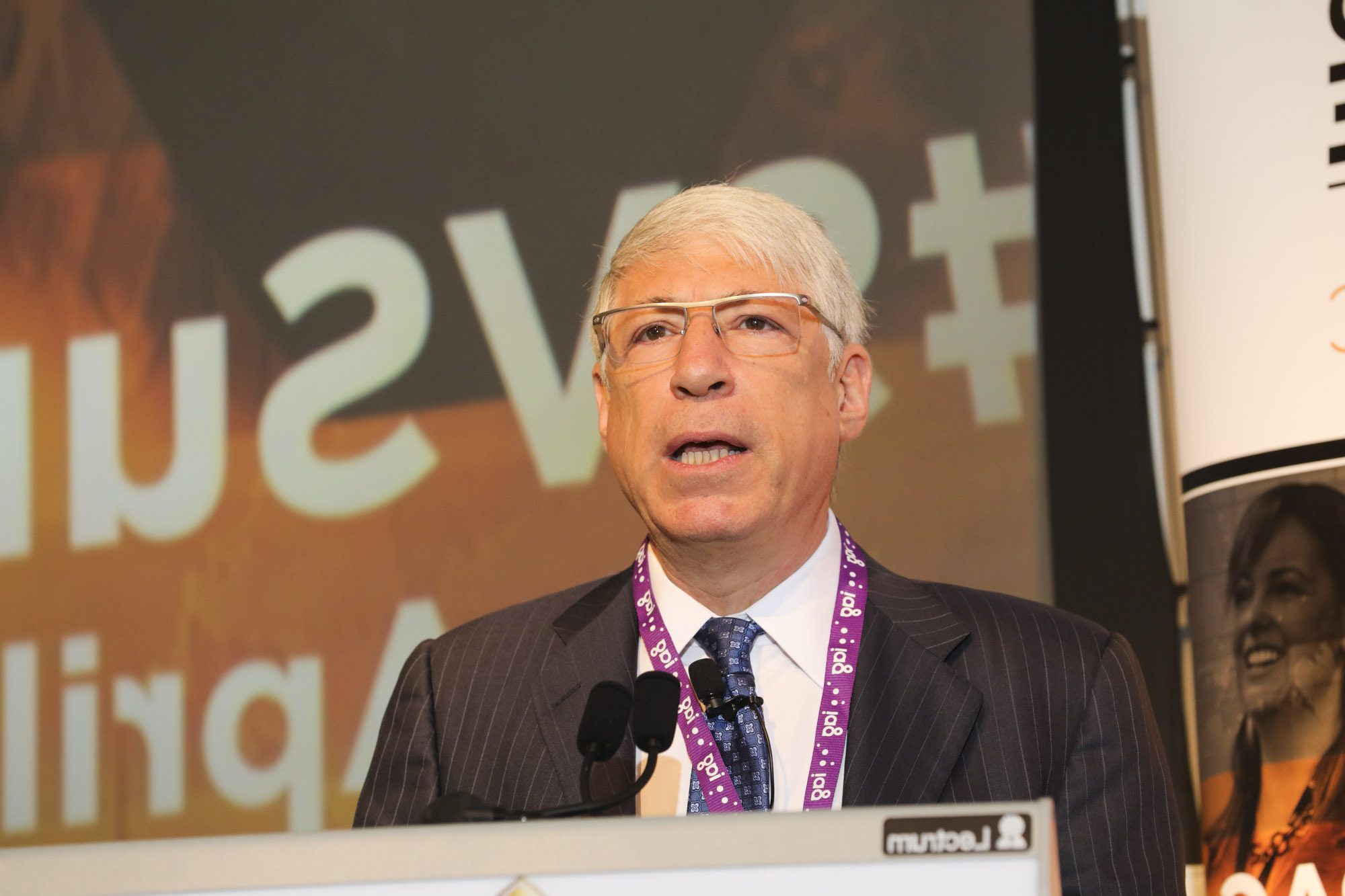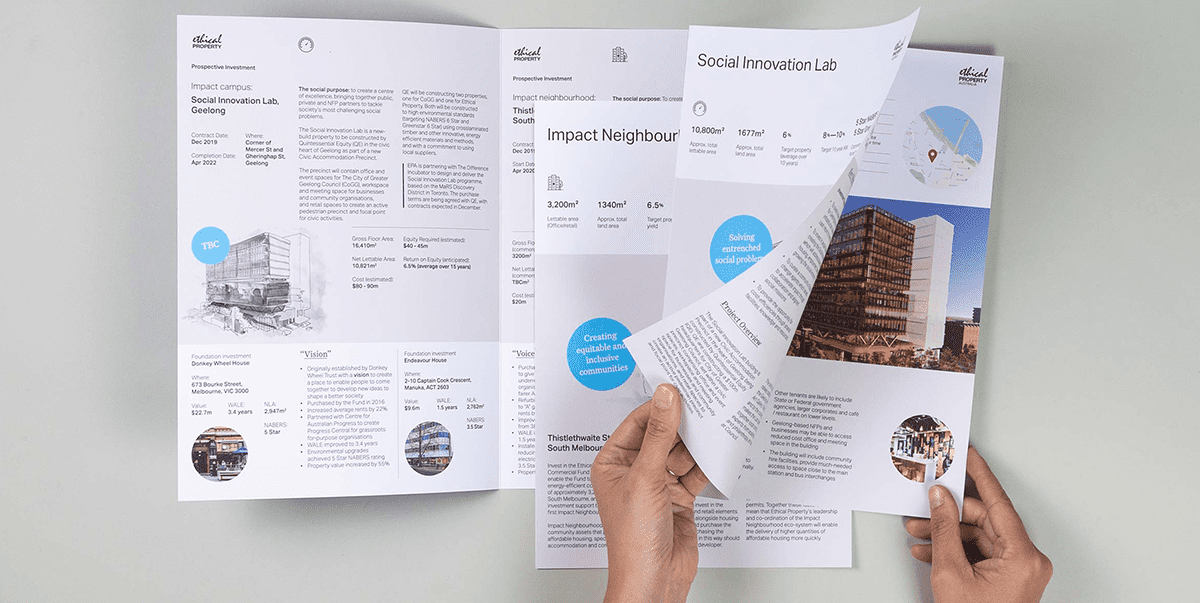
This year’s Shared Value APAC Summit delivered a first class line-up of international leaders sharing fresh experience and long-term perspectives. Memorable keynote presentations and engaging panel discussions inspired the room and unearthed practical insights on an evolving business strategy. Here we recap some of the key learning.
1. Having a social purpose is the greatest defence against malfeasance for a company. Mark Kramer (pictured), founder of FSG spoke on the protective role that shared value strategy can have for industry and company reputation. He further articulated the different kinds of communication strategies we need to use when demonstrating our social purpose to different audiences. Read more here.
2. Trust is moving away from institutions and towards individual leaders. According to the Edelman Trust Barometer, 65% of Australians now believe CEOs should lead social impact initiatives – which is part of a bigger story you can read here.
3. Employees will drive shared value more than shareholders. During panel discussions Ken Henry, Chair of NAB, spoke to the creation of new shared value initiatives. NAB found that some of the most successful initiatives (such as NAB Assist) were initially driven by staff in a grassroots desire to create more positive outcomes for their customers.
4. Emotionally engage through purpose. Damien Mu, CEO of AIA, gave depth to the term “social impact” when he stated that “social purpose isn’t 9-5, it’s about humans.” He urged that business needs to find its purpose to get consumers and staff emotionally connected. From there we can help people to educate themselves on the social and economic benefits.
5. Start simple. Damien Mu also added some pragmatic advice in implementing shared value initiatives: “Find the quick wins in the business, just get going, don’t wait for perfection.”
6. Evolve your practices. Emma Peacock from Unilever suggested that we consider every touch point that the company features in the customer/product journey. “Being part of people’s lives in such a big way gives us a lot of opportunity for positive change.” Shared value is a constant journey of engaging, embedding, and building a business case for social impact.
7. Shared value is a business model. Libby Davidson from LION felt that one of the strategy’s key strengths is that shared value speaks a language that business people can understand. Bringing new initiatives to life requires us to reframe social issues in a way that business comprehends. Consumers want solutions from business, but bringing them together with business outcomes is the key.
8. Create shared value initiatives that are aligned with core competencies. Sue O’Conner, Chair of Yarra Valley Water discussed that as well as progressive renewable energy targets (in excess of government requirements) the 1.9 million customer company is also tackling organic waste. With in-house water experts in microbes, there was a natural cross-over into anaerobic bio-digestion, and so a waste-to-energy plant has been invested in. They are currently taking 165 tons of waste per day, producing 23% of their energy needs. With excess energy going back into the grid, this has also generated a new source of revenue.
9. Co-design is essential when designing new initiatives. Beth Delaney, from DFAT added that while co-design process takes time, it’s essential for building trust and bringing new insights. “Talk to someone who you don’t usually talk to, it’s amazing what kind of things you can deliver when you talk to someone new”.
10. Shared value, clearly communicated, demonstrates long-term returns to investors. Pru Bennett from Blackrock investment firm articulated that “many companies can cut cost short term, but our investors want to see long term commitment. Just measuring profits, we’ve moved beyond that. Ultimately it’s not sustainable long term.”
11. Shared value practice is evolving. Mark Kramer, founder of FSG closed with his thoughts on the progression of shared value as a strategy. “When we began this was just a buzz word, but at today’s summit, we’ve seen real substance; how it gives competitive advantage, financial return, and is improving society”.
Talk to us about moving ahead with your shared value business strategy.

